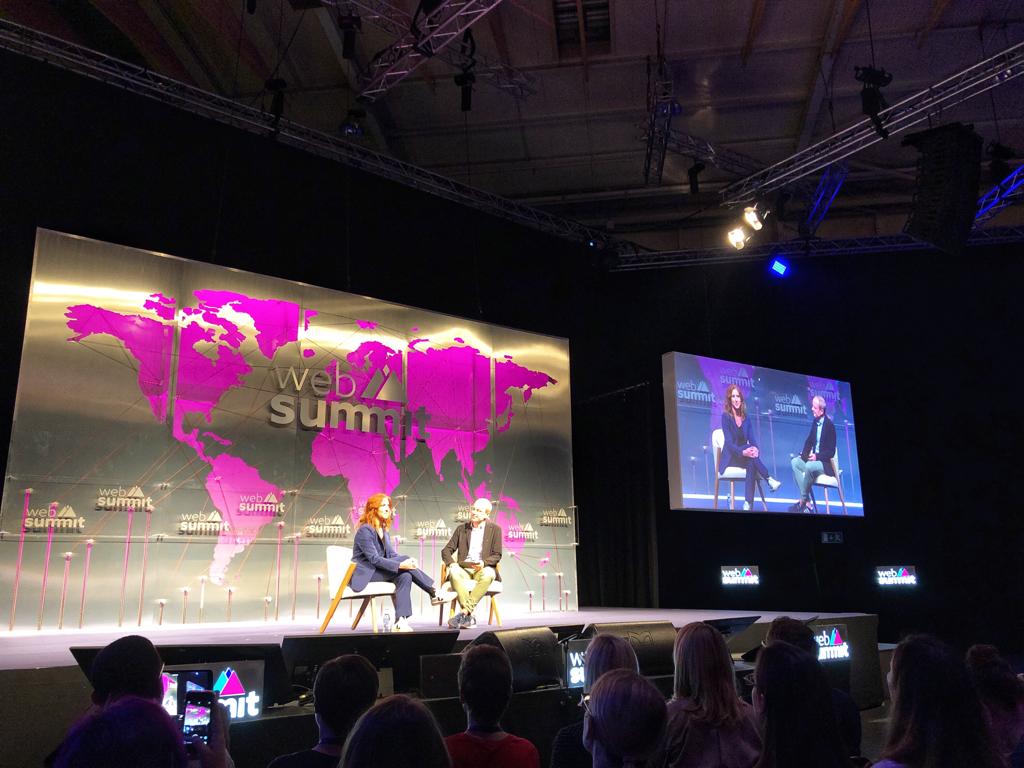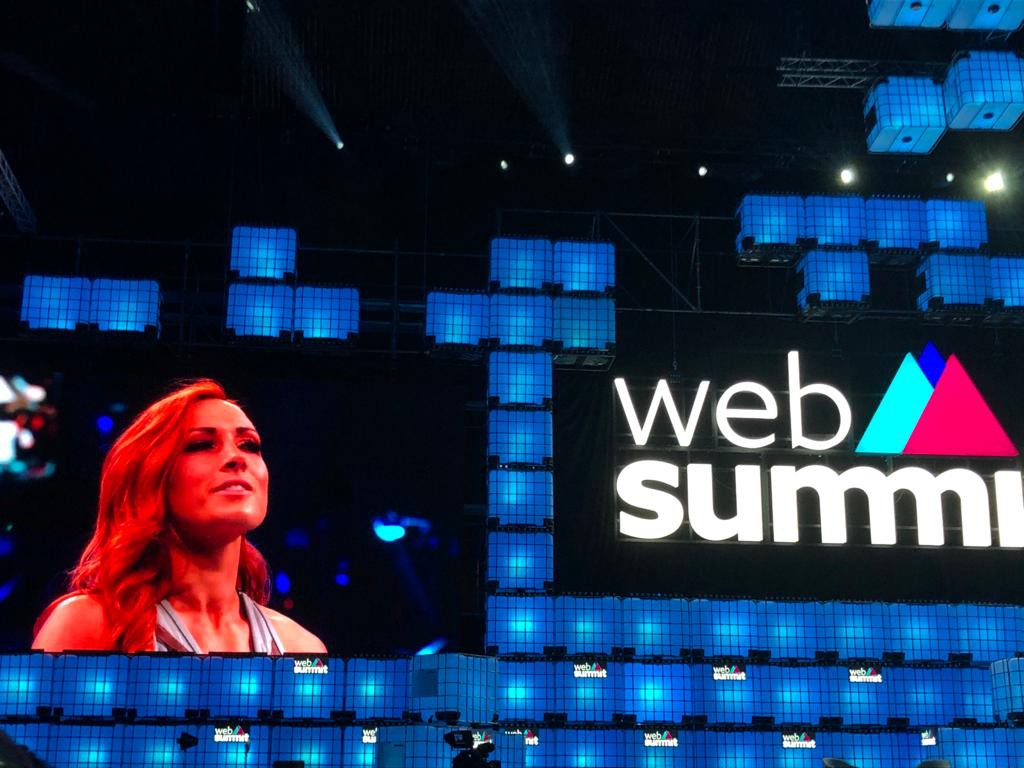Since its beginning, what has become over time the largest tech conference in the world, has always revolved around tech startups, new global Web trends, and digital transformation. Ampersand World team was there and tells you everything you need to know about it.
This year over 70,000 people coming from more than 160 countries gathered in Lisbon for Web Summit 2019, the largest – and arguably the most important – tech conference in the planet.
Every industry was represented, ranging from Artificial Intelligence (AI) to Fintech, from sports to music, from automotive to robotics. More than 11000 CEOs attended the event, founded ten years ago by a company from Dublin, Ireland, where Web Summit was held until 2016.
Many influential executives and ambassadors took part as speakers. From household names, including Huawei, Microsoft and Shell, to the new generation of technology, like Uber, Stripe and AirBnB, major companies did not want to miss the event, considering how useful it is to participate and discover new global trends in each specific industry.
The Indisputable Value of Breaking Old Models
The Web Summit experience was also a steep learning curve for Ampersand World, which is always looking for new ways to progress in gaining experience and new skills. One key mission of the Geneva-based career consulting firm and live moments maker is to be as disruptive and innovative as possible for its industry. Taking part in the world’s best technology conference was a great opportunity to achieve that goal.
As Fintech startup Revolut’s Founder, Nikolay Storonsky, said during the event, “it’s hard to argue against the value of breaking the old models.”

“Despite scrutiny and skepticism, Fintech disruption is here to stay,” according to Revolut startup Founder Nikolay Storonsky
During the ninth edition of Web Summit, some of the brightest minds in the business tried to explain how digitization is transforming the way industries function. Since its inception, however, Web Summit has always revolved mainly around tech startups.
While the largest multinational companies tended to debate new digital trends, startups took advantage of the networking event to make their pitch to some of the world’s leading investors (Sequoia, Goldman Sachs, Softbank).
Forbes has said that Web Summit run “the best technology conference on the planet”, while The Atlantic stated that Web Summit is “where the future goes to be born.”
The New York Times claimed that Web Summit manages to assemble “a grand conclave of the tech industry’s high priests,” while Bloomberg, with a touch of irony, called the yearly event “Davos for geeks.”
Web Summit 2019 By the Numbers
This year’s edition met media’s expectations and broke more than one record.
- Of the 70,469 attendees, 46.3% were women – this year’s edition has surpassed 2018 event (44.5%) and topped the benchmark set this year by the North American event Collision, which is run by the same team (45.7%)
- 163 countries, with the top 20 represented nations being Austria, Belgium, Brazil, Canada, Denmark, France, Germany, Ireland, Italy, Netherlands, Poland, Portugal, Romania, Russia, Spain, Sweden, Switzerland, Ukraine, United Kingdom, United States
- 1,206 speakers from all over the world – across the four days more than 1,200 speakers were welcomed in 22 stages. Among them were the EU Commissioner for Competition, Margrethe Vestager; the Rotating Chairman of Huawei, Guo Ping; Google’s Sustainability Officer, Kate Brandt; and former Prime Minister of Great Britain, Tony Blair
- 2,150 startups – from startup competitions (PITCH and Machine Demo) to workshops (Mentor Hours), from 4 November to 7 November 2019, at the Altice Arena there was no shortage of opportunities to discover the societies that will shape the world of tomorrow. During Investor Meetings early stage companies can connect with experienced investors, entrepreneurs, and founders
- Every main industry was represented – The top five sectors at this year’s Summit were: Advertising, content & marketing; AI & machine learning; Ecommerce & retail; Enterprise software solutions; Fintech
- 1,221 investors, ranging from VCs, LPs and angel investors, to heads of major international funds. Among them are Reshma Sohoni, Managing Partner at Seedcamp; Pär-Jörgen Pärson, Partner at Northzone; Gillian Munson, Partner at Union Square Ventures; Chetan Puttagunta, General Partner at Benchmark Capital; and Bradley Twohig, Partner at Lightspeed Venture Partners
- Developers – who have always been central to Web Summit, as well as to other European tech conferences – have made up 12% of all attendees.
“After all, an idea is only as good as the team that execute it,” Rob Babos from the Web Summit blog said.
















